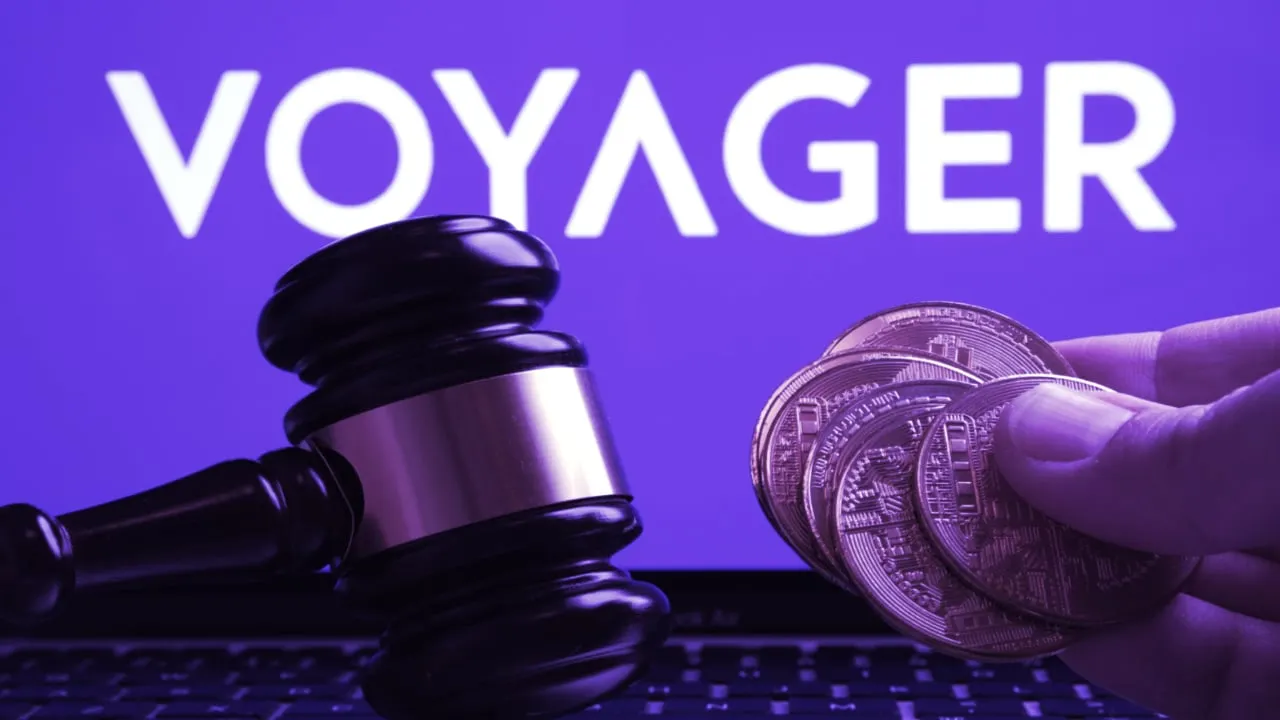Bankrupt digital lender Voyager called recent accusations from Alameda Research surrounding its deal with Binance.US “frivolous.”
In a filing posted last week, Alameda launched a plethora of criticisms, saying the $1 billion acquisition deal “ignores fundamental requirements and protections of the Bankruptcy Code.”
Today’s filing from Voyager in response accused Alameda of “hypocrisy and chutzpah at its finest,” pointing to how the firm has defrauded its debtors and “most of the world.”
Voyager agreed to sell its remaining assets to Binance.US in December, in a move it said will “a clear path forward for Voyager customer funds to be unlocked as soon as possible.” Binance’s offer, which was said to be "the highest and best bid," was worth roughly $1.022 billion in total, inclusive of the lender’s remaining crypto portfolio.
Alameda’s filing leans on Section 1129(b) of the Bankruptcy Code, which says that the “junior class” of creditors should not receive priority on “their claims or interests without holders of senior classes receiving the full value of their claims.”
Highlighting the fact that the defunct trading firm once provided rescue financing to Voyager; the filing dubs the acquisition as “patently unconfirmable,” citing the disclosure requirements of the Bankruptcy Code.
Alameda had provided Voyager with a line of credit, which was worth roughly $377 million before the crypto market crash. Voyager’s retort from today indicated that it only entered this initial deal due to “fraudulent and false representations” by the firm.
It’s not just the remains of Alameda that are scrutinizing the panned acquisition, either.
Last week, the SEC quizzed Binance’s ability to “consummate a transaction of this magnitude,” in a filing.
The watchdog asked whether there was sufficient detail “regarding how the Debtors intend to secure customer assets” and “regarding the rebalancing of the Debtors’ cryptocurrency portfolio.”
The SEC advised that a new Disclosure Statement surrounding the deal should be filed prior to a hearing on the matter, which the regulator reserves the right to object to or amend.

